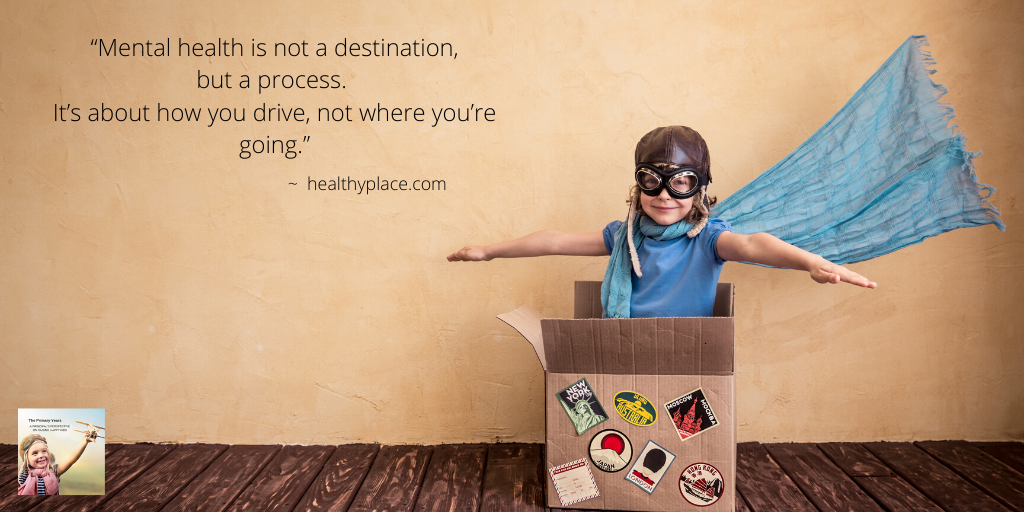That strange sense of finishing school
Children will be feeling that strange sense of leaving school, disengaging with friends and getting mentally ready for Christmas and the New Year.
It seems such a rush. After all they have only been at school for such a short recovery time. However, this has been 2020 and for all in the family, change and shifting normalities are the norm.
What to do about it:
Accept it! You can’t change what has been an extraordinary year for everyone. It still comes with its challenges of wearing masks in shops etc. Embrace it with the children.
Keep the family talk up about the year and allow the children to freely talk about their challenges across that time. Do this in a positive, reassuring way.
Understand that behaviour may be different with your child and tolerate a little more when it comes to changed behaviour.
Keep up the play and allow your child to enjoy free time. Remember that COVID-19 normal was so different and the child is adjusting to getting back to routine. Perhaps with some trepidation of that change.
Letting go of friends for the year can cause some distress as in some cases. Children may not have had great experiences when they briefly returned to school. Remember that after a whole year of school, children are in and out of friendships and build solid relationships. For some this takes lots of reassurance and time.
Christmas should be a wonderful time just to gather and offer nurture and support to the children and the whole family. It may be a time of reconnection with more people for the first time. A time to heal and a time to rest from anxious 2020.
As the child thinks and plans for Christmas and the New Year, it is a time when you can just talk about the growth and changes you have seen in your child over the year. Perhaps you have noticed their growing patience with younger siblings or their growing interest in cooking. Talk about the skills that have acquired in those difficult times. Focus on the skills and little successes your child has made during the lockdown. Talk about how you may have learnt more about yourself.
Whist this whole year has had its ups and downs it is still a rich opportunity to highlight the initiatives and growth you have seen in your child. Make the most of it. Turn it into an amazing family journey. Oh what an adventure!
“A problem is a chance for you to do your best.”



















